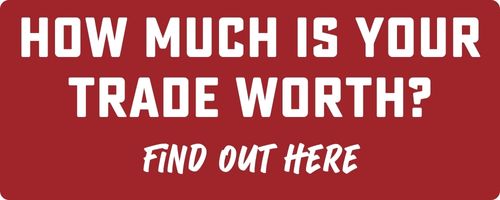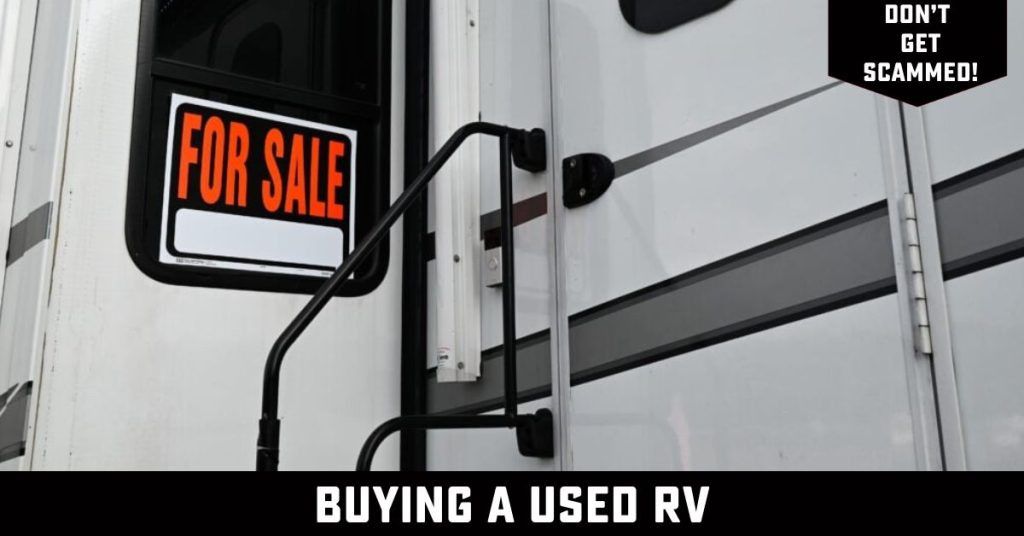
Thinking about buying a used RV but worried you might purchase a lemon?
How do you know if that great deal is actually a disaster waiting to happen?
At Bish’s RV, we’ve been selling used campers for nearly 40 years, and we’ve learned a lot—what to watch for, what’s a minor fix, and what’s a red flag.
In this article, we’ll cover the top 5 things you should look out for when buying a used RV so you can be confident you’re getting a good deal.
Stick around, and by the end, you’ll be ready to buy a used camper like a pro.
TABLE OF CONTENTS
Pros and Cons of Buying a Used RV
Check for Fiberglass Delamination
Check for Uneven Walls or Floors
Check the Condition and Age of Tires
Check the Condition of Exterior Decals
Bonus Tip: Ask for an Inspection
Next Steps to Buying a Used RV
Ready to Start Shopping for Your Used Camper?
Pros and Cons of Buying a Used RV
Buying a used RV can be a great way to get on the road without breaking the bank. With used models often priced significantly lower than new ones, they’re an attractive option for budget-conscious buyers.
If you’re curious about how much a used camper typically costs, be sure to check out our guide on used RV pricing.
However, while the price might be appealing, it’s important to be cautious when shopping in the used market.
A lower price doesn’t always mean a better deal, and there are a few things you’ll want to look out for to avoid surprises down the road.
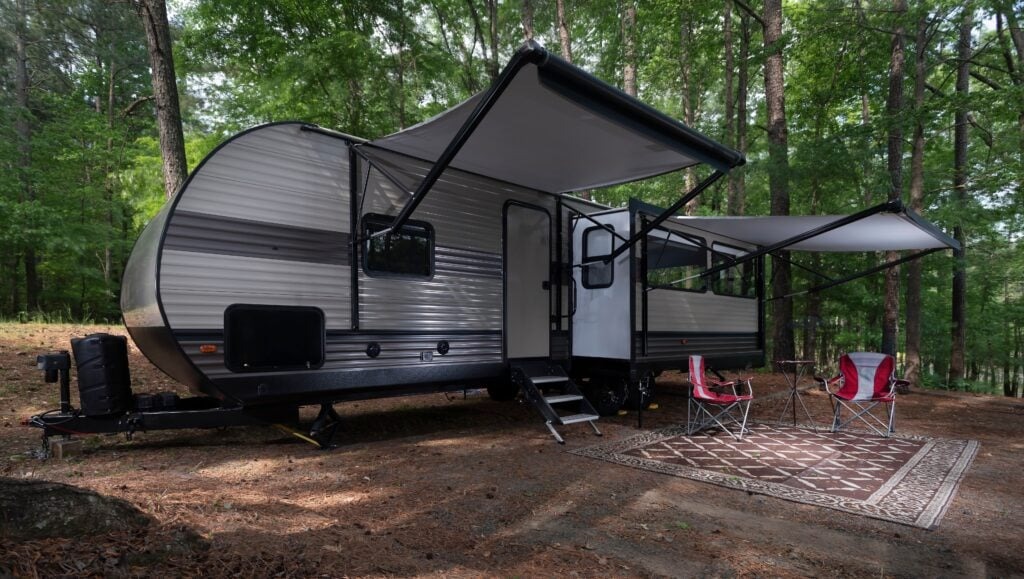
Pros of Buying a Used RV:
- Lower Price: Used RVs are typically much more affordable than new ones, offering great value for your money.
- Lose Less Value: RVs lose the most value in their first few years, so buying used means you lose less money as the RV ages.
- Variety of Options: You might find models with discontinued layouts or features that fit your needs better than newer models.
- Upgraded Features: Many used RVs come with aftermarket upgrades or accessories that you won’t have to pay extra for.
Cons of Buying a Used RV:
- Wear and Tear: You’re buying something that’s already been used, so expect some level of wear or the need for minor repairs.
- Unknown History: It can be tough to know exactly how well the RV was maintained or what hidden problems might exist.
- Outdated Technology: Some older RVs may lack modern features or systems found in newer models.
Thinking of selling your camper?
Find out how much your camper is worth.
Check for Fiberglass Delamination
One of the biggest issues to watch for when buying a used RV is fiberglass delamination. This happens when the fiberglass separates from the underlying wall, often due to water damage or structural stress.
It can weaken the RV’s structure and lead to more serious problems down the line.
Delamination usually shows up as wavy or uneven spots on the exterior of the RV, but it’s not always obvious at first glance.
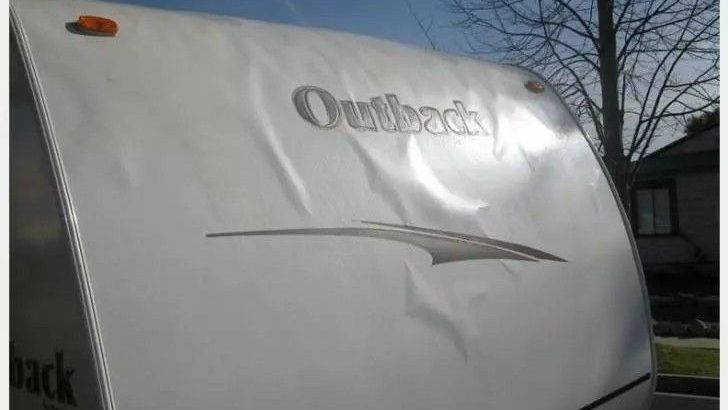
Here’s what you can do to spot delamination:
- Look for waves or bubbles on the RV’s exterior walls.
- Run your hand along the wall to feel for any soft or uneven areas.
- Check inside for water damage near the delaminated spots—it’s often caused by leaks.
- Inspect around slide-outs or areas prone to stress for signs of delamination.
If you notice these issues, it might be a sign of a bigger problem, and you should investigate further before making a decision.
Check for Uneven Walls or Floors
Uneven walls or sloping floors are another red flag to watch out for in a used RV. These issues can be a sign of deeper problems, such as water damage, improper support, or an overloaded RV.
Fortunately, checking for uneven surfaces is simple and can be done with basic tools.
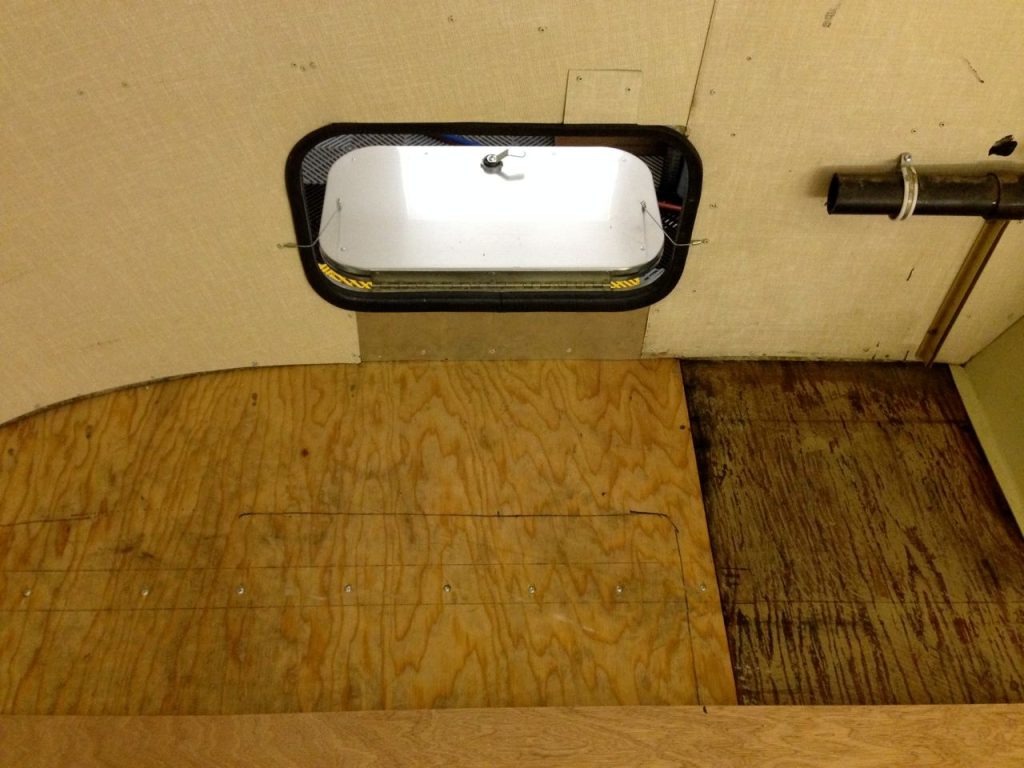
Here’s how to check for uneven walls and floors:
- Bring a yardstick or bubble level and press it against the interior walls. If the wall isn’t flush with the level all the way down, it could be a sign of trouble.
- Inspect the floor for sloping by placing the level on different spots, especially near slide-outs, which are prone to more stress.
- Look for buckling or soft spots in the floor, as these can indicate water damage or structural issues.
Uneven surfaces are a clear sign to dig deeper into the RV’s condition. Make sure to check these areas closely to avoid costly repairs later on.
Find Your Used Camper Now!
Check the Condition and Age of Tires
Tires are often overlooked when buying a used RV, but they can tell you a lot about its condition. Tires that are too old or show signs of wear could lead to dangerous blowouts or costly replacements.
While tire tread is important, the age of the tires is often a bigger concern since RV tires typically age out before they wear out.
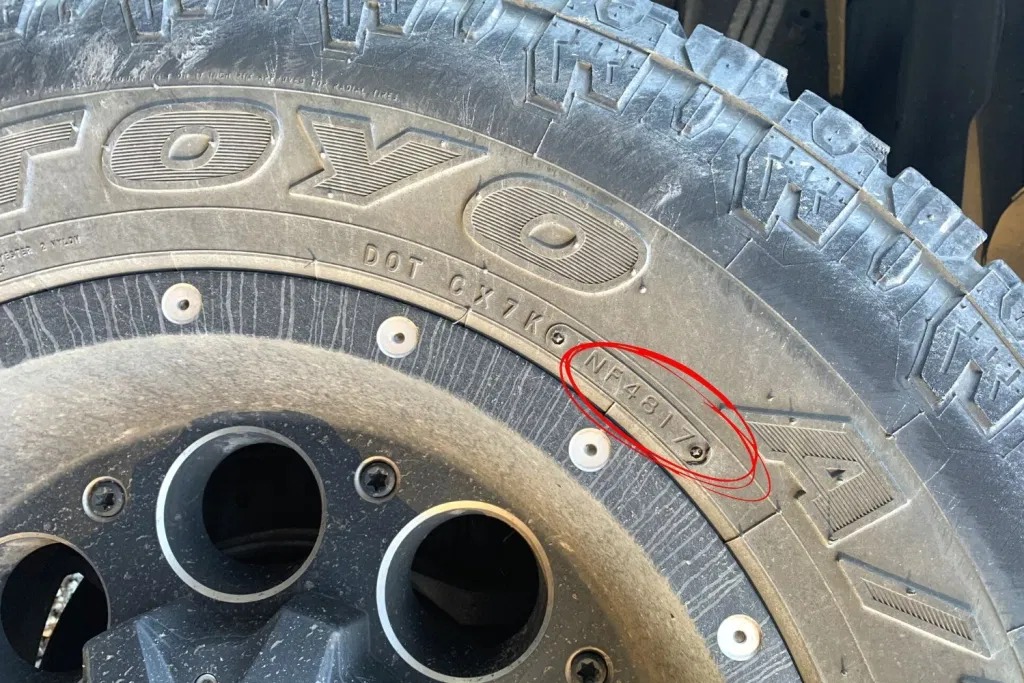
Here’s what to look for when inspecting the tires:
- Check for cracks or dry rot on the tire surface, which indicates the rubber is breaking down.
- Look for uneven tread wear, which could mean the tires were over- or under-inflated, or that the RV was overloaded at some point.
- Find the tire’s age code: Look for a four-digit number on the tire (e.g., 4817 means the tire was made in the 48th week of 2017).
- Replace tires older than 5 years, even if they look fine, as older tires can be ticking time bombs.
Keeping an eye on the tires can help you avoid sudden blowouts or costly replacements soon after buying your used RV.
Check the Condition of Exterior Decals
Decals might seem like a cosmetic issue, but they can tell you a lot about how much sun exposure the RV has had and how well it’s been maintained.
Faded, cracked, or peeling decals often point to prolonged exposure to the elements, which could mean the RV’s roof, seals, or other exterior parts have been exposed to harsh conditions as well.

Here’s what to look for when inspecting the decals:
- Check for fading or peeling on the exterior, especially on the front of the RV where sun exposure is the highest.
- Inspect the overall decal condition to get an idea of how long the RV has been in the sun and how well it was protected.
- Pay special attention to the roof and seals if the decals show heavy wear—those areas may also need a closer look.
Faded or damaged decals can be a sign that more critical components of the RV have seen their share of sun and weather, so it’s worth inspecting further.
Check the Battery Condition
The battery is a key component in any RV, and it’s easy to overlook when buying used.
A dead or damaged battery can leave you stranded or require an expensive replacement right after your purchase.
RV batteries, especially lead-acid ones, can lose their charge over time, especially if they haven’t been well-maintained.

Here’s what to check when inspecting the battery:
- Ask if the battery is included with the RV purchase, as some used RVs might not come with one.
- Find out the age of the battery—older batteries may need to be replaced soon.
- Look for signs of corrosion on the battery terminals, which can indicate poor maintenance.
- Check if the battery holds a charge or ask if it was properly maintained, especially if the RV was stored over the winter.
A well-maintained battery can save you from unexpected costs, so it’s worth asking a few questions and inspecting it carefully before finalizing your purchase.
Bonus Tip: Ask for an Inspection
Whether you’re buying from a dealership or a private seller, always ask if they’re okay with you having the RV inspected before making a final decision.
Even if you don’t plan on actually doing an inspection, simply asking can reveal a lot.
If the seller hesitates or seems uncomfortable with the idea, that could be a red flag about hidden issues.
Insider Tip: All used RVs bought from Bish’s RV get FREE annual inspections for as long as you own the RV!

Here’s why Inspections are important:
- It can reveal hidden defects: Asking for an inspection might prompt the seller to disclose issues they hadn’t mentioned.
- It shows transparency: A reputable seller will have no problem with you wanting an inspection to ensure the RV is in good shape.
- It protects your investment: Spending a little money on an inspection could save you from costly repairs down the line.
Even if you’re confident in your ability to spot problems, a professional RV inspection is a great way to protect your investment and ensure you know exactly what you’re buying.
Next Steps to Buying a Used RV
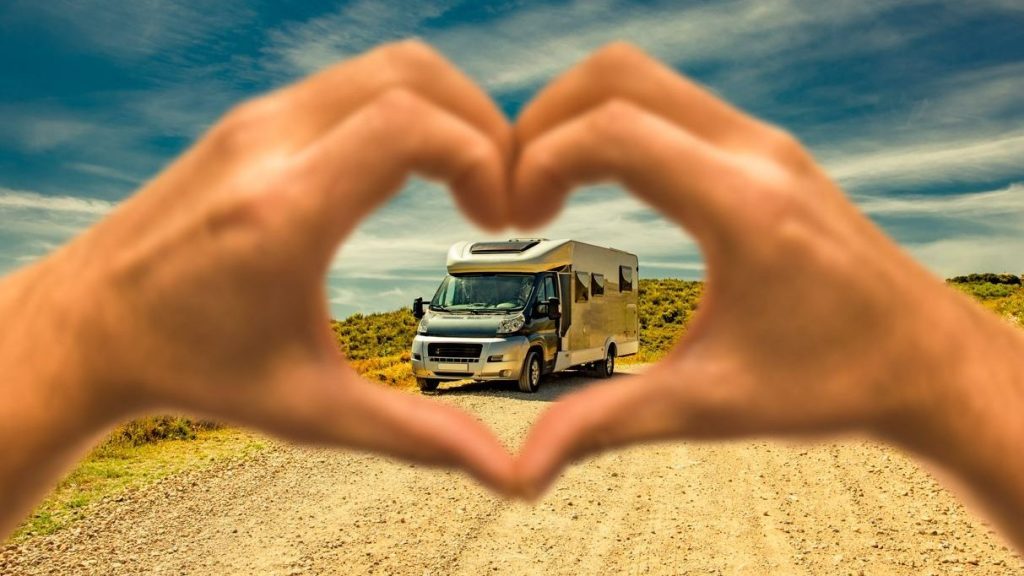
If you started this article wondering what to watch out for when buying a used RV, you’re now equipped with the knowledge to make a smarter, more informed decision.
At Bish’s RV, we love helping people find the right camper, and we’re always happy to answer any questions you may have—even if you’re not buying from us.
We want you to feel confident and well-informed when you decide to buy, no matter where you purchase your RV.
Ready to explore some great options?
Contact Us
Have questions or need more information? Contact us, and we’ll be happy to assist you.
Want to Sell Your RV – Get the Most Money!
Read our Article on How to Get the Most Money For Your Used Camper.
Articles you may like
- RV Industry Update: July 2025 New & Used Sales Trends

- Forest River R‑Pod 153: Complete Review

- Get a New RV — Without Paying the New Price
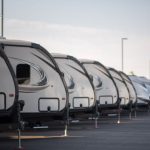
- Winnebago Thrive 24RKS Review: Best Lightweight Travel Trailer for 2025?
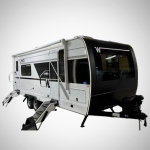
- Brinkley Model Z 3420: Full Review of This Rear Patio Fifth Wheel


Greg Long
Bish’s RV Content Manager
With over 10 years in the RV industry, Greg combines firsthand dealership experience with a passion for helping people find the right RV for their adventures. He’s walked thousands of campers, talked with real buyers, and believes the best RV advice should be clear, honest, and fun.
Amateur adventurer; professional dreamer.
aka: The Bish-Blog-Guy




